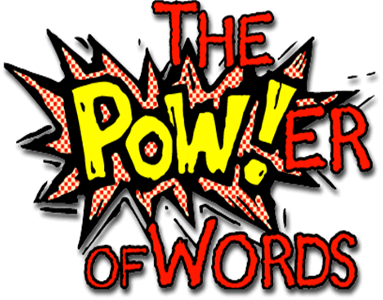At the beginning of RWL, we had many parents calling to inquire about what was going on and how they could get their children involved. The program was designed for us to work with only 20 children at a time as we wanted to keep numbers down, but create an atmosphere designed for learning. I wanted to help the children learn new words and what the words meant. I found list of basic words that are essential for children to know at each grade level, and this is where I started. It has been said that learning DOLCH words, as children have been taught to learn them, is not as essential as in the past, but I feel that giving children an excellent, firm beginning will help them achieve more. During my years of teaching, it was discovered that many of the problem’s students had were related to their lack of word usage. Students need to know that the more ‘words’ they learn and what these words mean will help them in every area of their life. The English language, which is one of the most difficult languages to learn, is made of many words that sound the same but have different meanings. Words such as antonyms, synonyms, adverbs, adjectives, pronouns, prepositions, nouns, pronouns, verbs and so many more parts of speech.
To be successful readers, we need to know how to read and write with excellence, which means learning how to use words effectively. Writing takes time and requires knowledge of many different vocabulary words and what they mean. Many people do not take time discover the many differences of words and how these words will broaden their reading and writing experience. Learning how to write takes time and knowledge of vocabulary, and this comes with learning words and what they mean. Many people do not understand that simple words may have multiple meanings and to become a better writer learning multiple words and their meaning is essential. This is the purpose of RWL for Success, we want to help children learn as many words as possible and the different meanings each word has. This will be done by implementing reading of various articles, comic books, fiction, and nonfiction books, poetry, and plays.

0 Comments